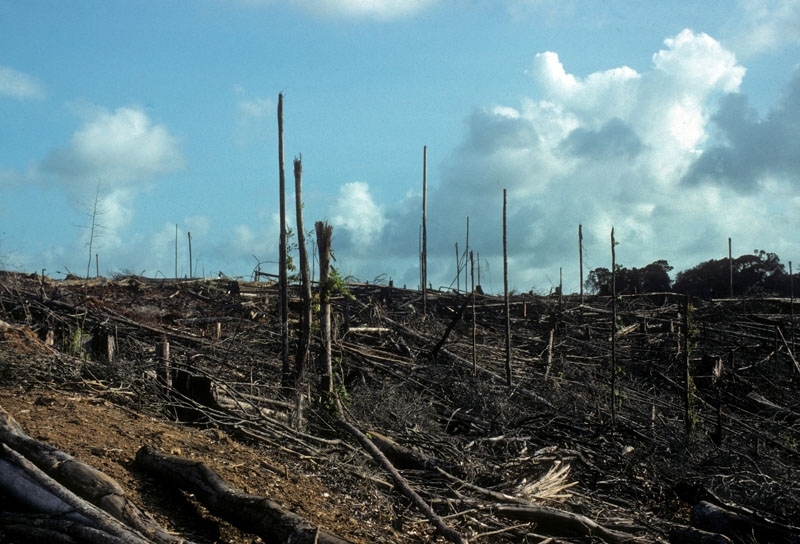Simon Black –
Why is improvement and learning a core area of capability for a conservation leader? Surely training people, sharing information, building knowledge and overcoming failure is a natural mindset for a capable scientist or field practitioner?
In truth you need to manage morale in your team because disappointments, unexpected failures and unwelcome new threats can arise. This means that you must ensure that success and failure are an opportunity to learn, not a moment to crush the spirit of team members. If you seek knowledge – what is being achieved (results), how things are done, how to improve – then you will encourage your team members to do the same. They will bring you their difficulties and errors rather than hide them. This will give everyone a chance to reduce problems. It will also give space for people to enquire more deeply into failures, their causes and solutions, rather than dwell on dissappointment, negativity, blame or self-loathing. Energy will be expended where it is needed.
Of course, people sometimes screw up. But you first need to check – is this because they are in error (neglect) or is it because they lack capability (not trained, lack of experience, or inadequate resources)? If it is the latter, it is YOUR problem not theirs – you put them in a position to fail, so do something to prevent this happening again.
Remember to give a focus to people that makes sense to them. Don’t set improvement targets – these are just number plucked out of the air. Instead, think about what current work output (results) is actually telling you, then understand whether improvements can be made. Always focus this effort on the species and ecosystems of concern – how would this improvement help…?
- Be receptive to (and seek out) alternative solutions.
- Let staff to challenge, share & learn from mistakes, without fear.
- Expect—and support staff to strive for—high standards.
- Expect the project (and its needs) to evolve through time.
- Understand risk factors and make suitable contingencies.
- Work on system not people; celebrate success, learn from failure.
- Focus improvement on biodiversity & work output (not ‘targets’)
- Recognize difference between neglect and lack of capability
- Let people experiment with methods to improve performance.
- Let people ask for training and provide it on a just-in-time basis.
Further Reading:
Black, S. A., Groombridge, J. J., & Jones, C. G. (2011a). Leadership and Conservation Effectiveness: Finding a Better Way to Lead. Conservation Letters, 4, 329-339. http://dx.doi.org/10.1111/j.1755-263X.2011.00184.x
